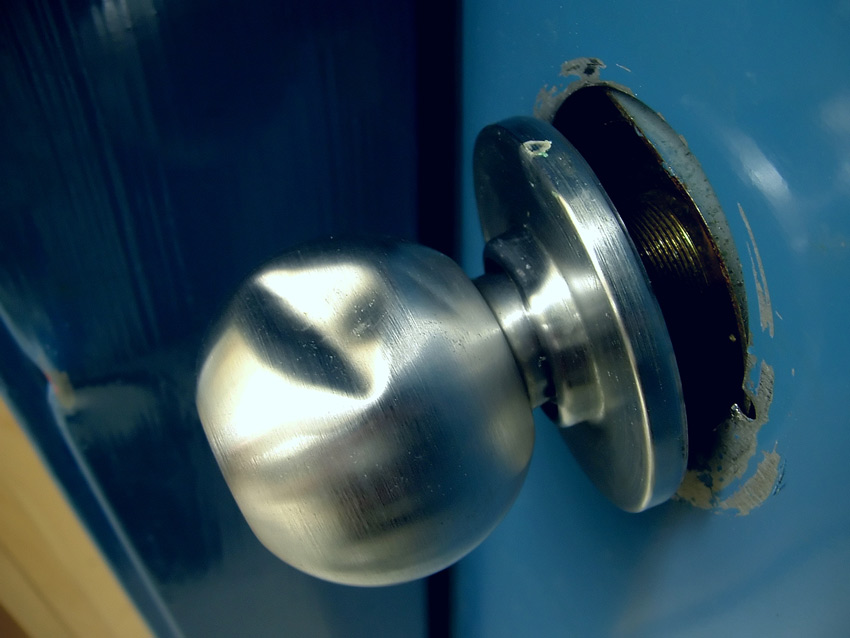
The first three hours after you’ve discovered that you were burglarized are very crucial. During these first hours, you have to pick yourself up, assess the situation and take care of your family. Here’s what you can do to recover from the incident and a few things you can do prior to stay ahead of the game if this ever happens to you.
Hour One: Check and Report
Immediately after the incident, or after you’ve discovered that you were a victim of burglary, call the police and immediately check if everyone in your family is okay and not physically hurt. Tend to the youngest members first, as they are very susceptible to nervous breakdowns and trauma. If anyone is hurt or too shaken, quickly get them the medical attention they need.
If you weren’t at home when the crime took place, call 911 immediately after you’re sure that you’ve been robbed. Some cases aren’t reported, as people think that there’s no point in contacting the authorities. There’s still a chance that your things can still be recovered, so don’t lose hope. Try not to enter your home or touch anything before the police arrive. Stay with neighbors or inside your car and lock the doors. Burglars may still be inside your house.
If everyone is well, not physically hurt and the area is clear, check which of your belongings were stolen or damaged. Create two separate lists for these items as the police and your insurance company will need these. Before an event like as this happens, it’s a good idea to take photos of your valuable items and keep a record of model and serial numbers. This can be beneficial when providing the report to police and your insurance agent. Be sure to file a police report within 24-hours of the crime, as you’ll need this in the event you plan to file an insurance claim.
The hardest thing to get over after a burglary is the emotional damage. Many victims feel violated and unsafe after their sanctum sanctorum is invaded.
“People who’ve been burglarized used to believe that their home was the last safe place, but that security has been breached and they feel violated,” Psychologist Mory Framer told the Los Angeles Times. Framer is a psychologist at Barrington Psychiatric Center in Los Angeles, which has a division that treats individuals who’ve gone through trauma related with incidents like robberies or explosions.
Hour Two: Clean-up
Start healing emotionally by cleaning up right after the police investigation. It will be difficult, but it’s a necessary step for you to move on, especially if your home is ransacked. You’ll feel violated along with a nagging sense of being alarmed. Cover any damaged part of the house and remove any unusable furniture or appliances.
These things will be a reminder of the incident for the next few weeks, so getting them out of sight will help a lot. Consider rearranging furniture or repainting the room where the burglary took place. The simple act of changing the look of your place helps a lot in moving on and will signify that you are starting anew.
Hour Three: Plan Ahead
As a part of getting over the incident, prepare for the future. Check that your alarm system is working properly and do an assessment of your house. The key is to think like a burglar yourself. Look for weak points or areas where you can enter easily without anyone knowing. Focus on strengthening the security of these areas. Change the locks in your home, get shatter-proof screens or even upgrade your home security system. Others find it very helpful to take self-defense classes. It not only prepares you personally, but will help you heal emotionally. Being proactive about the future is a big step in moving on.
Editor-in-Chief’s note: We’ve put together a great resource article I’d recommend reading if you haven’t yet on Tips to Protect You and Your Family Against Home Invasions, many of the principles of assessing and strengthening home security are addressed in the article.
Also, call your insurance company and discuss improvements in your plan. Ask your agent how you can be better prepared in the future. If you were put in a bad financial state because of the incident, consider an emergency loan. Banks also offer plans and programs for these types of situations.
It’s okay to feel upset about what happened. Acceptance is the key and moving on is the next step. Family and friends will help you a lot in times of need, find time to distract yourself by holding small parties at your house with the people you love. Reconnecting with people around you will help you get back on your feet. If you find that the incident has affected your daily life, consider checking up with experts who can help you out. They can suggest activities or, in extreme cases, medication that can alleviate anxiety.
What are some tips you would offer to a friend in the wake of a home invasion or a burglary?
Editor-in-Chief’s Note: Please join us in welcoming John Anderson as a contributor on ITS Tactical. John has been a writer since 2008 and works almost exclusively on home security, technology, green and simple living and business.